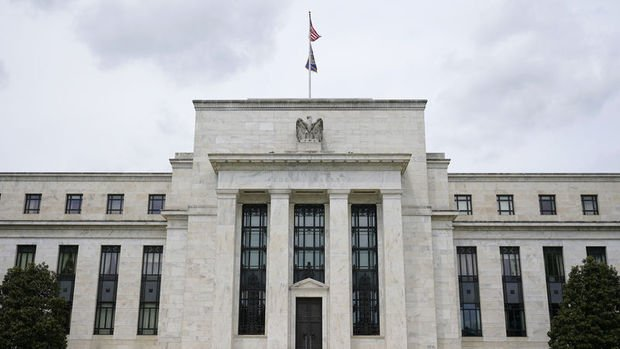Dovish signal from hawkish Fed official
Known for his hawkish approach to monetary policy, Fed member Christopher Waller indicated that the rate hike tempo is close to being reduced to 50 basis points. The possibility that the US Central Bank Fed will reduce the rate hike tempo in December following moderate inflation data is increasing. Christopher Waller, who is considered one of the hawkish members of the Fed, said that with the data received in recent weeks, he can now more comfortably evaluate reducing the rate hike tempo to 50 basis points. However, Waller added that he would like to see a few more data before making his final decision. Waller indicated that “we still have a long way to go” and that ending rate hikes is not on the horizon. This week, Fed Vice Chair Lael Brainard said that the bank should reduce the size of its rate hikes in the near future, signaling that she is in favor of raising interest rates by 50 basis points instead of 75 at next month’s Federal Open Market Committee (FOMC) meeting. Brainard said, “It would probably be appropriate to switch to a slower rate of increase soon. But I think the main thing that needs to be emphasized is this: We have done a lot, but we still have a lot to do.” Investors are pricing in a 50 basis point rate hike at the Fed’s final FOMC meeting of the year on December 13-14. The expectation of a step below 75 basis points emerged after Fed Chair Jerome Powell announced at the beginning of the month that a higher final interest rate would be reached with smaller increases; it gained further strength after October consumer inflation data, released last week, fell short of estimates. San Francisco Fed President Mary Daly said that reaching a peak of 4.75%-5.25% was reasonable before stopping interest rates, and commented, “Stopping interest rate hikes is not on the table right now.” The latest moderate inflation data is also partially dispelling the pessimistic atmosphere on Wall Street. JPMorgan economists predicted that the US economy would enter a “moderate recession” next year. The bank estimated a loss of 1 million jobs in this scenario.


